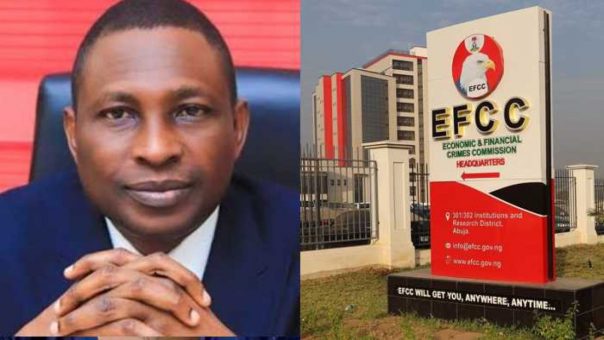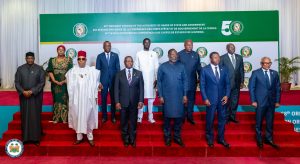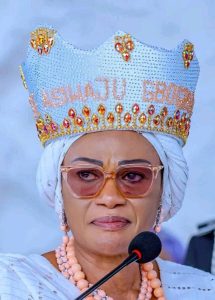LAGOS, Nigeria – The Economic and Financial Crimes Commission (EFCC) has come under intense scrutiny following claims by its chairman, Pastor Olukayode, that the agency is investigating 18 state governors for alleged financial misconduct. The announcement, made public on 20 July 2025, has sparked widespread debate, with critics accusing the EFCC of failing to address major corruption cases while focusing on less significant targets.
Social media commentator Mahdi Shehu, in a series of posts on X, challenged the EFCC’s credibility, demanding transparency and accountability. Shehu called for the agency to name the governors under investigation, questioning the absence of reports on past and present political figures, including former governors, their families, and serving ministers implicated in large-scale financial scandals. “This is just an attempt to gain public confidence in the face of monumental failure,” Shehu wrote.
Among the allegations raised, Shehu pointed to a reported $7 billion misappropriated by a group of 10 individuals at the Nigerian National Petroleum Company Limited (NNPCL), with no substantial follow-up from the EFCC beyond initial claims. He also referenced a Senate Committee on Public Accounts report, which alleged that N210 trillion in oil revenue from 2017 to 2023 remains unaccounted for, poorly documented, or stolen by a “criminal clique.” Critics have questioned the EFCC’s silence on this matter.
Further criticism was directed at the EFCC’s apparent inaction regarding an alleged N7 trillion padding in the 2025 national budget and the controversial N15 trillion Lagos-Calabar coastal highway contract, awarded in a manner critics claim violates the Procurement Act. Shehu accused Pastor Olukayode of showing greater zeal in pursuing minor offenders, such as small-scale fraudsters and Bureau de Change operators, while remaining “mute and cowardly silent” on high-profile cases involving Nigeria’s political elite.
Quoting biblical verses, Psalm 64:2 and Isaiah 59:2, Shehu framed the EFCC’s alleged inaction as a moral failing, suggesting that systemic corruption continues to separate the nation from justice and accountability.
The EFCC has yet to respond to these specific allegations, and public demand for transparency in its investigations continues to grow.






